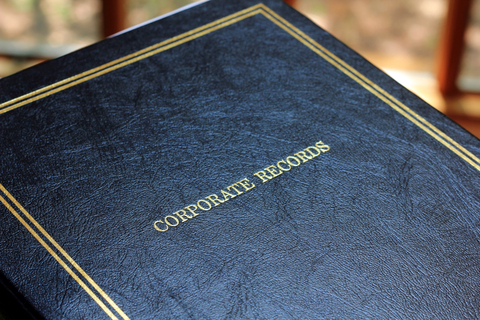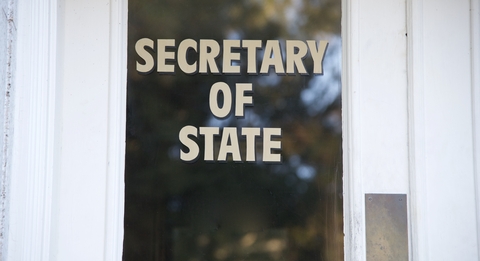Business registrations: 5 top challenges
In investigations and research, we often need information about companies and their owners, and one of the best places to look is in business registration records. Required by law, private and public companies register and file periodic reports that include names, addresses, dates, partnerships, and more. Registering a business adds legitimacy, protects the business name, and is intended to inform the public about who operates the company.
As with all types of public records, though, this useful resource comes with lots of challenges, and, to work effectively, we need to learn what those are and how to work around them. First, I’ll talk about the challenges you’ll likely encounter working with business registrations, and then I’ll get to the solutions:
You need to know where to look
In the U.S., these records are kept at the state level, which means that you need to know where the business is registered. Sometimes you don’t have that information, so the best source is one that collects records from multiple jurisdictions. The problem is that these aggregated databases often make mistakes, so you’ll likely encounter missing records and data-entry errors.
The information is self-reported
Self-reported company information can be unreliable, because no one is checking for omissions or altered facts. And, since companies report only what’s required, and sometimes not at all, the data can be bare-bones at best.
Lack of transparency
While many places provide full records online, some make it more difficult and limit access. Also, certain jurisdictions don’t include much information in the filings. In the U.S., for example, some states allow the use of just a registered agent instead of listing owners, directors, or shareholders, and we even see registrations without business addresses.
Limited coverage and availability
As with all public records, the database may not include everything. Some limit inactive records to just the past 12 months, and older documents may not be in digital format. Each jurisdiction sets the rules, so everything varies by location.
Limited search capabilities
Some states allow you to search by company name, address, directors, or other advanced options, but others may not. You’ll often see basic searching by company name only, making it difficult to find, for example, all companies in which an individual is involved.
How can you make the most of these challenges when working with business registration records?
- As with any type of research, know your sources and when to use them. Go directly to the Secretary of State’s website if you are looking for a specific company name and know where they operate. If not, and you’re casting a wide net, take advantage of the aggregated sources, but make sure you’re aware of their limitations.
- Verify everything. If you’re using an aggregator, always verify these records with the Secretary of State or other direct source. Even direct sources contain errors, so do some additional public records and media research.
- Remember that one source won’t answer all your questions or tell the full story, so use these registration records as a starting point or to fill in some blanks. Look for clues and then expand your search. Google addresses and names to identify connections and keep going from there.
- Manage expectations. Like any public records, results will vary, so make sure you and your clients are aware of what’s available, what’s missing, and any issues with the data.
Business registrations help us gather intelligence about people and companies. Like all public records, you’ll get better results if you learn what challenges they offer and how to work around them.
What issues and solutions would you add to these lists?



